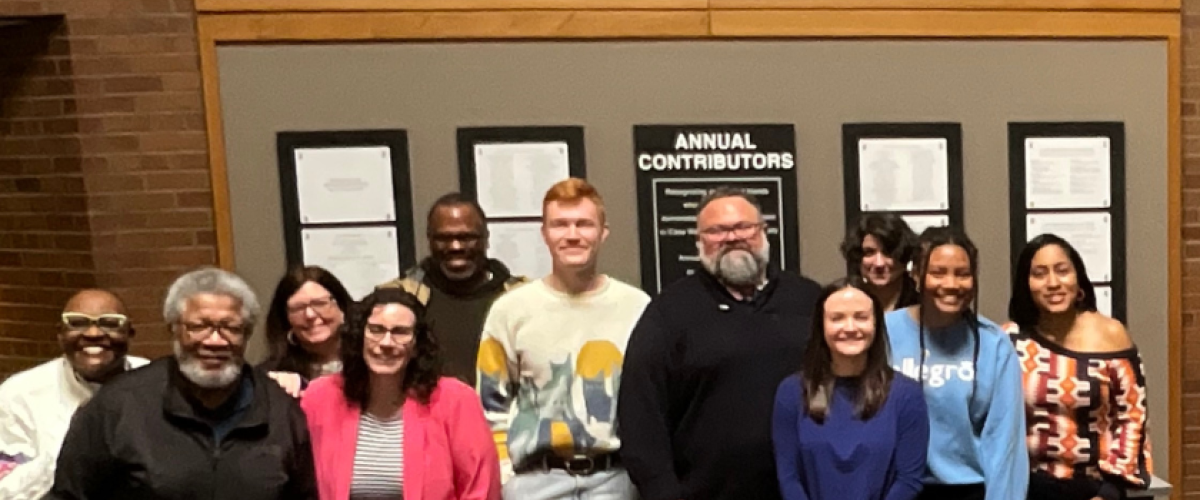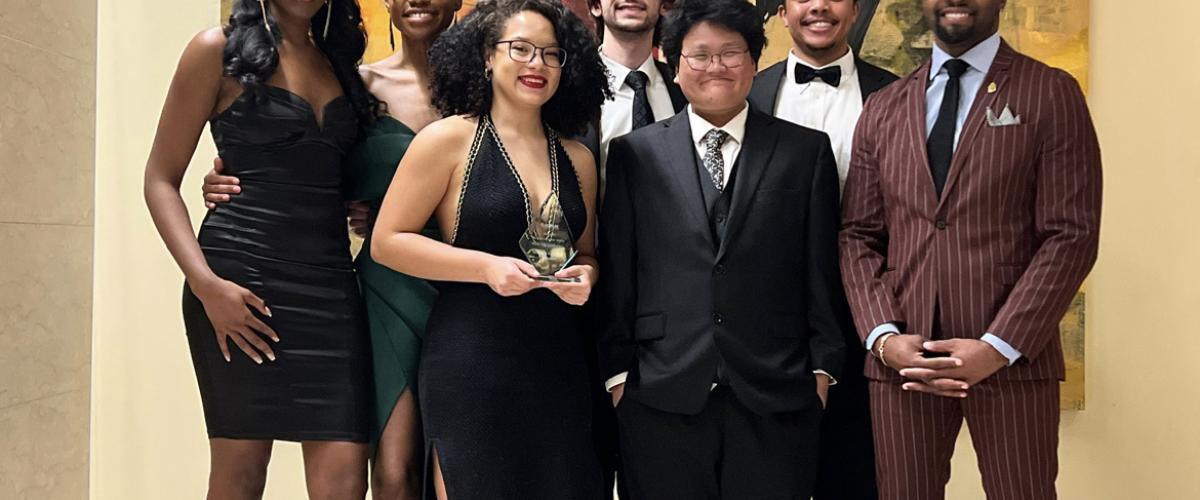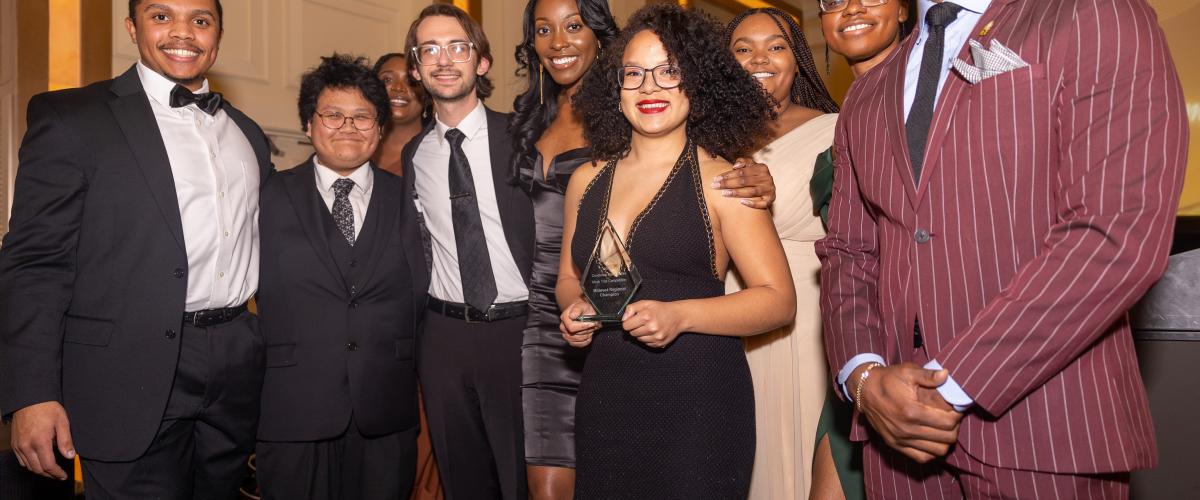We write as co-deans of the law school. Last Monday, we watched with horror as George Floyd, unarmed and handcuffed, pled for his life.
"I can't breathe."
Floyd, a black man, had his life extinguished by the knee of a white Minneapolis police officer, Derek Chauvin, while three other officers watched the life flow out of Floyd over a span of eight minutes and forty-six seconds. The ensuing demonstrations, with their full-hearted cries for racial justice for Floyd, reached a crescendo over the weekend and continue to spread across the nation.
Floyd’s killing came at the culmination of a recent spate of high profile racial injustices, including the officer-involved killings of Breonna Taylor in Louisville and Tony McCade in Tallahassee, as well as the killing of Ahmaud Arbery who was chased down by armed citizens while jogging in a Georgia suburb. And in New York’s Central Park, Amy Cooper attempted to wield the power of white privilege in a 911 call to law enforcement and make a false accusation against Christopher Cooper. These incidents represent a familiar and smothering pattern of racism—smothering to the point that, “I can’t breathe,” has become a national rallying cry.
In the past few days, demonstrations have taken place in cities large and small across the nation—indeed the world—with sharp indictments of our law enforcement and criminal justice institutions. Some demonstrations included individuals who exploited the peaceful protests by committing acts of vandalism and looting. We condemn these actions.
Yet we also witnessed hyper-militarized police forces respond to legitimate peaceful protests with more brutality. We denounce violence in all forms.* At the same time, we think it imperative that we not lose sight of the overarching message of the demonstrations: that Black Lives Matter and now must be a time for reform.
We stand firmly with those demanding justice.
To us, the events of the past week make clear that we, as a polity, again have failed to come to terms with our history of racial injustice. We remain a society in which blacks are disproportionately targeted by police for arrest and incarceration and are disproportionately subjected to abuse while in custody. Our communities of color continue to experience severe poverty, inadequate health care and economic deprivation. Their members, through racial gerrymandering, voter purges, intimidation and other policies, continue to have their voices suppressed at the polls.
Our law school community has an indispensable role to play in addressing these problems.
As an institution of legal education, we must play a part in moving the arc of our history toward justice. We can do this in the classroom, through public webinars, through our scholarship and through our work in the community. We are endowed with the special privilege of being able to hold up our laws and our institutions to a prism to analyze their imperfections. In addition to issues of fairness in voting, there are scores of justice reform issues that we can examine, such as qualified immunity protections, unequal arrest and sentencing, mass incarceration, bail reform, officer training and police and prosecutorial accountability.
Yet also, as an educational institution, we recognize that we are ourselves a community. Our members include people from varied backgrounds, viewpoints, races, creeds, ethnicities, genders and sexual orientations. We know that they too are taking in these events and processing them.
We also know that our black students, faculty, staff and alumni may be experiencing a unique range of emotional responses. They may be experiencing the trauma that comes with viewing the videos of these unspeakable encounters, engaging with or caring for family members working through those traumas or feeling the fatigue of having to explicate race and racism to those who have not experienced the crushing effects.
We will do all that we can to make certain that every member of our community is afforded space and opportunity to work through the events in ways that lead to their healing.
For our students, we must ensure that what we do enhances their capacity to learn, to grow as future lawyers and to undertake the vital work of bringing meaningful change to our laws and institutions to foster equal justice for all.
Jessica Berg and Michael Scharf
Co-Deans of Case Western Reserve University School of Law
“*Subsequent to initially posting this statement, we removed part of this sentence that might be read to equate property damage with killing — actions we feel are not equivalent.




